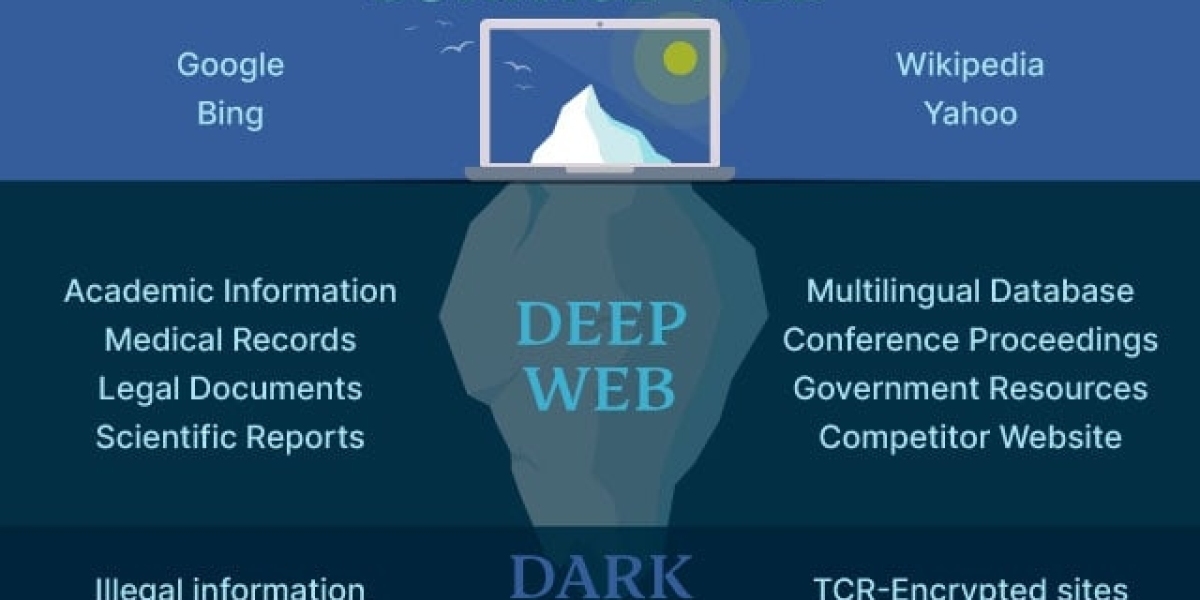The Dark Web, a shadowy realm veiled in secrecy, stands as a cryptic underbelly of the internet. Beneath the surface web that we navigate daily lies a clandestine network accessed through specialized software, where anonymity and confidentiality reign supreme. At the heart of this clandestine web lies the onion router, an ingenious technology that ensures users can traverse this digital underworld without leaving a trace.
The term "onion router" is not a mere metaphorical expression; it's the key to understanding the covert operations of the Dark Web. The onion router, often abbreviated as Tor, operates on the principle of layered encryption akin to the layers of an onion. This intricate network anonymizes users by bouncing their communication through a series of volunteer-operated servers, rendering the origin and destination virtually untraceable.
The onion router facilitates the existence of hidden services on the Dark Web, where websites bear ".onion" domains instead of the conventional ".com" or ".org." These domains, accessible exclusively through the Tor network, host a plethora of content, both legal and illicit. The Dark Web isn't solely a den of illegal activities; it harbors forums, blogs, and whistleblowing platforms where privacy and free speech are prized.
However, the onion router's prowess in anonymity has also made the Dark Web a haven for cybercriminals, drug traffickers, and other nefarious actors. Bitcoin and other cryptocurrencies often grease the wheels of transactions in this encrypted realm, further shrouding financial dealings in secrecy.
Law enforcement agencies worldwide grapple with the challenges posed by the Dark Web, as it serves as a breeding ground for illicit trade and anonymous communication. The cat-and-mouse game between authorities and denizens of the Dark Web plays out in the digital shadows, with the onion router acting as both shield and sword.
Despite its associations with illicit activities, the onion router has also been a lifeline for individuals living under oppressive regimes. Journalists, activists, and citizens seeking refuge in the sanctuary of online anonymity leverage the Tor network to evade censorship and surveillance.
In essence, the Dark Web and the onion router represent a double-edged sword, offering unprecedented privacy to some while harboring criminal elements beneath its encrypted layers. As technology advances and law enforcement adapts, the delicate balance between privacy and security in the digital realm remains an ongoing and evolving challenge. The onion router, with its intricate layers of encryption, continues to be at the epicenter of this enigmatic landscape, where the quest for anonymity intersects with the shadows of cybercrime.









